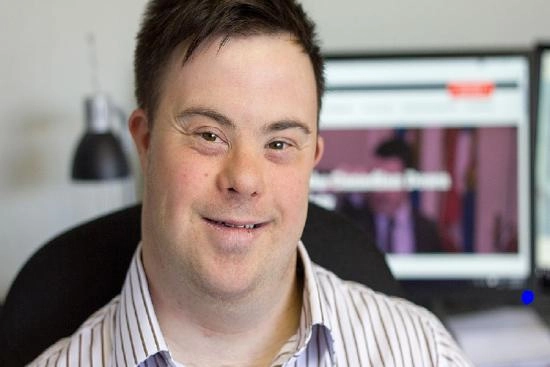Down syndrome is a genetic disorder caused by an extra copy of chromosome 21. While most people have two copies of this chromosome, those with Down syndrome have three. This chromosomal abnormality results in specific physical characteristics and slower intellectual development.
Although Down syndrome is not hereditary, it is the result of a genetic abnormality that occurs during the formation of sex cells.








